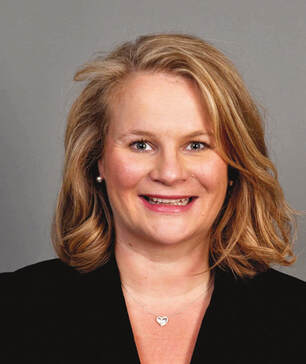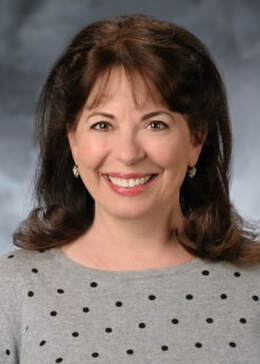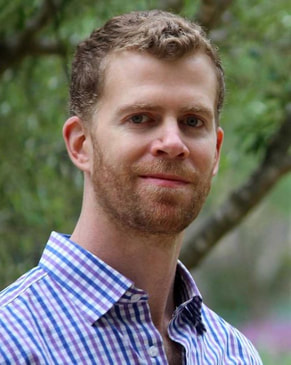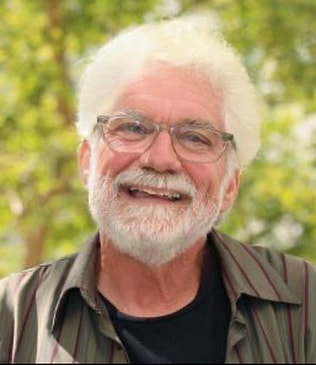Participating Faculty
- Nancy Collins (Psychology)
- Maria Charles (Sociology)
- Noah Friedkin (Sociology)
- Alexander Franks (Statistics and Applied Probability)
- Shelly Gable (Psychology)
- Kostas Goulias (Geography)
- Stefan Th. Gries (Linguistics)
- Michael Gurven (Anthropology)
- Gene Johnsen (Emeritus, Mathematics)
- Dan Linz (Communication)
- Wendy Meiring (Statistics and Applied Probability)
- Matto Mildenberger (Political Science)
- Karen Nylund-Gibson (Education)
- Matthew Quirk (Clinical, Counseling, and School Psychology)
- Russ Rumberger (Emeritus, Education)
- Scott Reid (Communication)
- Eric R. A. N. Smith (Political Science)
- Leah Stokes (Political Science)
- Heather Stoll (Political Science)
- Stuart Sweeney (Geography)
- Simon Todd (Linguistics)
- Yuedong Wang (Statistics and Applied Probability)
- Rene Weber (Communication)
Participating Departments
Students in the following participating departments may add the QMSS emphasis to their doctoral degree.
QMSS Coordinating Committee
Karen Nylund-Gibson
Director and Chair of the Coordinating Committee
Karen Nylund-Gibson is an Associate Professor of quantitative research methodology in the Department of Education. She has been at UCSB since 2009. Prior to joining the department, she was a Postdoctoral Fellow at the Department of Mental Health at Johns Hopkins University. She earned her Ph.D. at UCLA, working with Bengt Muthen. Her research focus is on latent variable models, specifically mixture models and she has published many articles and book chapters on developments, best practices, and applications of latent class analysis, latent transition analysis, and growth mixture modeling.
Research Interests: Latent Variable Modeling; Mixture Modeling; Quantitative Methods; Structural Equation Modeling; Latent Transition Analysis; Statistics Education; Peer Victimization; Developmental Research; Assessment and Measurement; Prevention Science
Research Interests: Latent Variable Modeling; Mixture Modeling; Quantitative Methods; Structural Equation Modeling; Latent Transition Analysis; Statistics Education; Peer Victimization; Developmental Research; Assessment and Measurement; Prevention Science
Nancy Collins
Coordinating Committee Member
Dr. Collins' research and theoretical interests lie at the interface of close relationships, social cognition, and health psychology. More specifically, her research explores the social and cognitive processes that shape close relationships in adulthood, and the impact that these processes have on health and well-being across the lifespan. Within these broad domains, her current research activities are focused on three main topics: (1) social support and caregiving processes in couples, with special emphasis on the factors that predict effective support-seeking and caregiving behavior in intimate relationships, (2) psychosocial predictors of health and well-being, with special emphasis on the psychological and biological mechanisms through which close relationships foster resilience and thriving, and (3) social perception processes in close relationships, with special emphasis on the ways in which working models (mental representations) of attachment shape how individuals construe their relationship experiences.
Andrew Maul
Coordinating Committee Member
Andrew Maul is an Associate Professor of research methodology and the philosophy of science and Graduate Advisor in the Department of Education. Andrew’s work focuses on the conceptual foundations of research methodology in the human sciences, and in particular on the theory and practice of measurement.
Research Interests: Measurement; Philosophy of Science; Research Methodology; Test Validity; Rasch Modeling; Item Response Theory; Positive Psychology; Measurement of Affective Attributes (e.g., perseverance, passion, self-control)
Research Interests: Measurement; Philosophy of Science; Research Methodology; Test Validity; Rasch Modeling; Item Response Theory; Positive Psychology; Measurement of Affective Attributes (e.g., perseverance, passion, self-control)
Daniel Linz
Coordinating Committee Member
Daniel Linz received his Ph.D. in psychology from the University of Wisconsin-Madison. He shares a joint appointment in the Department of Communication and the Law and Society program at the University of California, Santa Barbara.
Research Interests: His research involves empirically testing assumptions made by the law and legal actors in the area of the First Amendment. His research spans the topics of media violence, pornography and sexual depictions and pretrial publicity, news and race.
Research Interests: His research involves empirically testing assumptions made by the law and legal actors in the area of the First Amendment. His research spans the topics of media violence, pornography and sexual depictions and pretrial publicity, news and race.
Mathew Quirk
Coordinating Committee Member
Matthew Quirk is a Professor of School Psychology in the Department of Counseling, Clinical, and School Psychology (CCSP). He is also the current CCSP Faculty Graduate Advisor.
Research Interests: School readiness; Academic assessment and intervention; Academic motivation and engagement; Early literacy and language development; Emergent multilingual learners
Research Interests: School readiness; Academic assessment and intervention; Academic motivation and engagement; Early literacy and language development; Emergent multilingual learners





